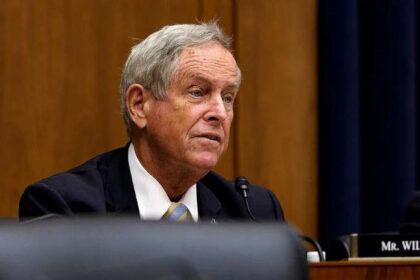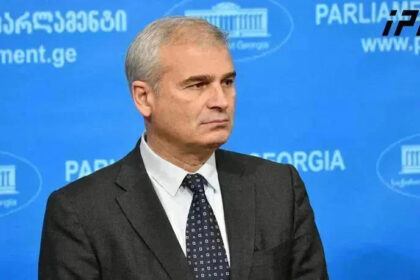**National Bank of Georgia Keeps Monetary Policy Rate Unchanged**
On May 7, the National Bank of Georgia (NBG) decided to keep its key refinancing rate at 8.0%. This decision comes as annual inflation remains close to the bank’s target of 3%.
According to data from Geostat, annual inflation stood at 3.4% in April. Core inflation, which excludes food, energy products, and cigarettes, was 2.3%. The NBG noted that Georgia’s economy “remains robust” due to maintained price stability.
In the first quarter of 2025, real GDP growth averaged 9.3%, driven by structural changes in the economy. The bank emphasized the role of strong domestic demand in supporting high economic growth and highlighted the importance of monitoring demand-side price pressures.
The NBG also outlined two potential risk scenarios for Georgia’s economy. A high-inflation scenario could be fueled by growing uncertainty in international markets, while a low-inflation scenario could result from a continued global weakening of the U.S. dollar and an appreciated exchange rate of GEL.
**What It Means**
By keeping its monetary policy rate unchanged, the NBG is signaling that it sees no need to intervene in the economy at this time. This decision suggests that the bank believes inflation remains under control and that economic growth is robust.
However, the NBG also highlighted potential risks on the horizon, including a high-inflation scenario driven by international market uncertainty. This could put pressure on the bank to take action in the future if these scenarios play out.
**Next Steps**
The next meeting of the Monetary Policy Committee is scheduled for June 18, 2025. At this time, the bank will reassess its monetary policy and decide whether any changes are necessary.
**Commentary**
By keeping its monetary policy rate unchanged, the NBG is striking a balance between supporting economic growth and maintaining price stability. However, the potential risks outlined by the bank suggest that there may be challenges ahead for the Georgian economy.
As the global economic landscape continues to evolve, it will be important for the NBG to monitor these developments closely and adjust its monetary policy accordingly.
Read More @ civil.ge












